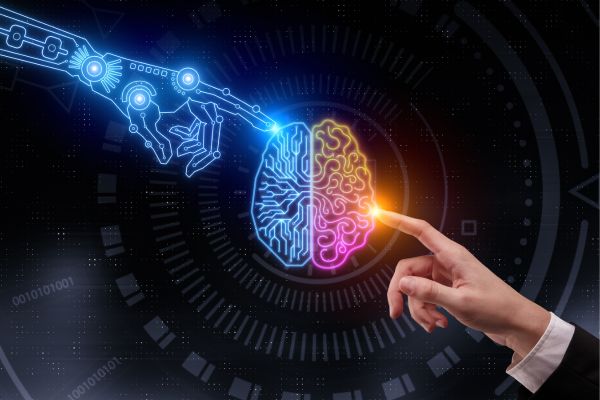
Leveraging AI to protect people who gamble
Guest article provided by IAGR partner, Greo Evidence Insights.
Artificial intelligence (AI) continues to reshape the gambling industry through enhanced personalization and by improving the detection of fraud and suspicious activities. AI can also be used to assess a person’s risk level through data and behavioural analysis. However, there is currently a limited evidence base in terms of AI-driven behavioural nudging, and without careful human oversight there is the potential for unintended consequences, such as worsening harmful behaviours or undermining informed decision-making.
AI enables real-time risk assessment by continuously monitoring a person’s historical data and behavioural patterns, such as an increase in deposit frequency, escalating betting amounts, or prolonged gambling sessions without breaks. By recognizing these patterns, AI can prompt interventions, such as automated alerts encouraging individuals to take breaks, temporarily restricting access to high-stakes games, setting betting limits, providing educational resources about safer gambling, and directing individuals to professional support.
However, the integration of AI in gambling raises ethical concerns. Although AI can help to identify at-risk individuals and signpost them to resources and support, it also risks promoting harmful gambling behaviours through strategies that encourage increased betting. For example, AI can trigger a targeted nudge after a losing streak that offers a limited-time promotion if another bet is placed within a certain timeframe. This can lead to individuals spending more money than they can afford to lose.
As AI evolves, how can regulators strike the right balance between fostering innovation and ensuring robust safeguards for at-risk players?
Recently published gambling research
Below is a selection of resources that may inform regulatory approaches to AI:
- ‘Fair’ machine learning models for detecting at-risk online gambling
- Using machine learning to identify predictors of suicidal thoughts and suicide attempts among people who gamble
- Developing an online gambling harm detection system in France
- Development of prediction models for problem gambling behaviour using a novel machine learning approach
- Predicting problem gambling with machine learning models: Insights from player tracking data across three countries
- Testing the temporal stability of artificial intelligence models in identifying people at risk of gambling-related harms
Evidence-informed action
Regulators can consider the following examples when developing policies, programs, and strategies that utilize AI.
International Gaming Standards Association
The International Gaming Standards Association (IGSA) is developing an AI best practices framework to assist gambling regulators in understanding and overseeing AI technologies. This initiative aims to provide regulators with guidelines on AI deployment, focusing on data accuracy, transparency, and ethical considerations.
Germany
In Germany, the Interstate Treaty on Gambling mandates the use of automated systems for early addiction detection. AI-assisted recognition tools are used to analyze behaviour and identify signs of harmful gambling behaviour.





